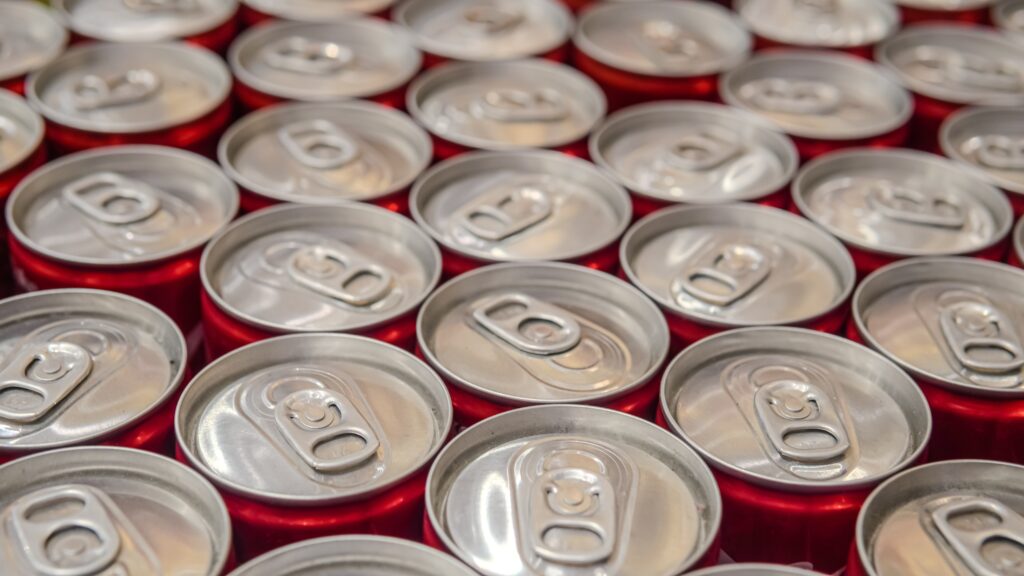At the same time, the Agency has voiced its support for the work of a UK working party, facilitated by the Waste and Resources Action Programme, which is looking at the exports of recovered paper.
The 47% figure was disclosed at a meeting of the IMPEL project last week which brings together the UK’s Environment Agency and its counterparts across Europe. The IMPEL project aims to help EU member states monitor and control the exports of waste (commonly seen as materials for recycling).
Staggering
Roy Watkinson, Environment Agency hazardous waste policy manager, said that the 47% “is a staggering figure where nearly half of everything sent abroad could be regarded as illegal. Some of the entries may be a mistake but there could be someone trying to make a fast buck.” He added that the IMPEL authorities are “using techniques used in policing to get to the bottom of the information” and that waste electronics materials being sent for export will also be targeted by the agencies.
” Some recipient countries have poorly developed regulatory infrastructure of laws “
– Roy Watkinson, Environment Agency
Export controls on waste are essential because of soaring tonnages being sent overseas, Mr Watkinson emphasised. He noted how the amount of waste sent for recycling abroad had risen dramatically in recent years to about 4 million tonnes a year. This consists of 2.5 million tonnes of paper, 500,000 tonnes of plastic and one million tonnes of metals.
Poorly developed
Mr Watkinson said: “Nobody is trying to say these exports should not happen. But, some recipient countries have poorly developed regulatory infrastructure of laws. Standards are not always set or enforced and as a result their environment suffers and not ours.”
The EA official also noted that there is a financial advantage in sending material abroad and that there could also be some illegal activity. “This is the thing we have to watch out for. A business which relies on illegal movements cannot be sustainable.”
UK group
In the UK a further meeting of a working group on the export of recovered paper and standards for UK materials recycling facilities is set to meet again next week.
The group has now received positive support from the Environment Agency, although it is not a member of the small working group drawing up the standards.
An Agency spokesman said: “It is vital that confidence in the way UK is managing its export of recyclables is rebuilt. Clearly, the waste management industry, reprocessors and exporters have an important role to play here.
That is why the Environment Agency has set up the industry stakeholder group.
“We are looking forward to receiving the output of the stakeholder
groups work on developing standards, procedures and a testing
methodology for recyclables for export. We welcome the work that
material reprocessors, exporters and the waste management industry are
doing, facilitated by WRAP, to drive up standards.
“We hope to receive the output following the 1 July meeting of the
subgroup. This is a key component in rebuilding confidence that the UK
is managing its export of recyclables in a responsible way and in
compliance with international laws.”
The Department’s overview of the current situation regarding the export of waste comes as a UK working group is set for another meeting next week to look at preparing standards and guidelines for the export of recovered paper which is by far the largest waste material shipped abroad for recycling.
(see letsrecycle.com story)







Subscribe for free